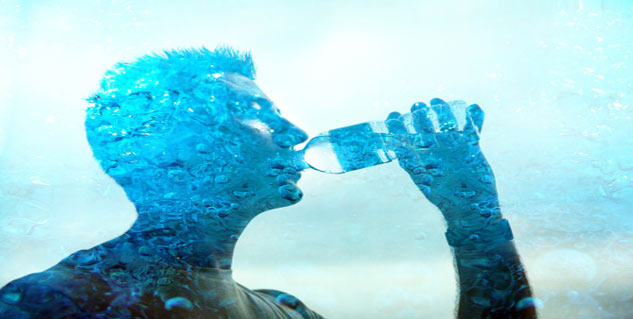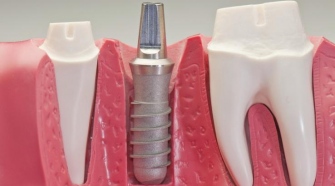It’s a basic fact, water is life. A healthy adult, living in a temperate climate should drink 1.5-2 litres to enable the body to balance water loss and keep well hydrated. Water is a major constituent of our bodies and vital organs. On average the human body constitutes 60% water mainly contained within our cells (two thirds), in the space between our cells and in our blood (one third). The amount of water in the body does vary in our lifetime. A new born baby is composed of 75% water whereas an elderly person’s body constitutes of only 50%. The more muscle the body contains more water as body fat contains little water.
A 70kg man is made up of around 42 litres of water comprising of 28 litres of intracellular water, 14 litres of extracellular fluid (3 litres of which is blood plasma), 1 litre of transcellular fluid (including cerebrospinal, ocular and synovial fluids) and 10 litres of interstitial fluid which surrounds the cells. Our vital organs contain varying amounts of water with the brain, heart, lungs, liver and kidneys containing between 65-85% compared to the bones which contain 31%.
As water is the human bodies main constituent, it’s no surprise that it provides five vital functions:
The Life of Our Cells
Water ensures the life of our cells working in many ways such as acting as a lubricant around our joints and a shock absorber for our brain, our eyes and spinal cord.
The Transport of Nutrients
Water is a transporter allowing the distribution of essential nutrients to the cells in our bodies including vitamins, minerals and glucose.
Chemical and Metabolic Reactions
Water facilitates all metabolic and chemical reactions in the body including the biochemical breakdown of what we eat
Body Temperature Regulation
Water helps limit the changes in body temperature in hot and cold environments. It also allows the body to release heat in the form of sweat.
Elimination of Waste
Water helps remove waste products and toxins from our bodies through faeces and urine
As water is essential to maintaining positive health and good body functions ensuring the amount of water in the body remains constant is vital. Replacing lost fluid with a daily intake to maintain this balance must be achieved. Requirements will vary from person to person and the level of intake will also depend on circumstances such as what they do for a living, gender, the level of physical activity and whether they have an illness such as a fever or diarrhoea.
An adult with a sedentary lifestyle in a temperate climate will lose on average 2.5 litres of water a day. This water is lost via urine and faeces and by breathing and perspiring therefore needs to be replaced constantly throughout the day. It’s so easy to forget to drink water so the best thing to do is to ensure you carry a bottle of water with you at all times. Be a regular at your gym or office water coolers and try to cut down on tea and coffee as their diuretic properties will dehydrate your body. As thirst is a sign dehydration has already set in, you should try to drink regularly even when we don’t feel thirsty. So sipping water all day to avoid thirst is the best thing to do for your body, your overall health and your skin.
















